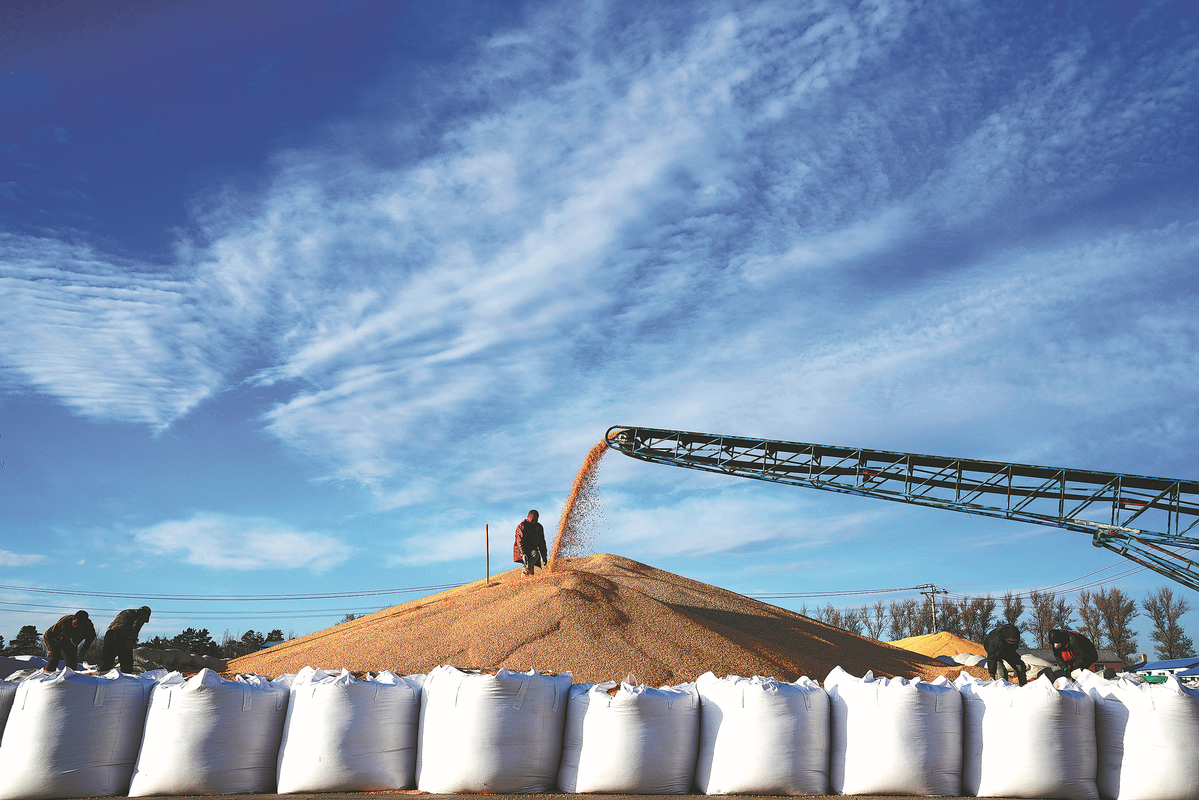Global crises further threaten progress on SDGs in Asia Pacific: report
Xinhua | Updated: 2023-03-27 23:59

MANILA - The convergence of multiple global crises is further jeopardizing Asia and the Pacific's ability to achieve Sustainable Development Goals (SDGs) by 2030, according to a report released on Monday.
The report titled "Delivering on the Sustainable Development Goals through Solutions at the Energy, Food and Finance Nexus" is made by the Economic and Social Commission for Asia and the Pacific (ESCAP), the Asian Development Bank (ADB), and the United Nations Development Program (UNDP).
It said the "polycrisis", which refers to major economic and social crises including severe climate change, impacts from the COVID-19 pandemic, the effects of Ukraine crisis, and underlying structural weaknesses, have caused enormous disruptions to energy and food markets and have driven food, energy, and commodity prices to record highs.
Those crises have caused the worst cost-of-living problem in a generation in the region and their impacts have been felt globally, especially among vulnerable groups, pushing millions of people into poverty.
At least a decade of development progress has been erased, noted the report.
The recent economic and social turmoil and the consequences of the "polycrisis" have put immense pressure on public finances and reduced financial resources available to achieve the SDGs, it said.
"These crises created a perfect storm that has derailed the global economy, the livelihoods of millions of people in Asia and the Pacific, and progress toward the SDGs," ADB Managing Director General Woochong Um said.
However, he added this could be a historic turning point toward a more secure future, initiating renewed momentum to transform food and energy systems.
According to the report, even before the pandemic and the Ukraine crisis, the Asia-Pacific region was off track to meet the 2030 SDGs and would have needed until 2065 to achieve all 17 goals.
The report warns that this delayed timeline could only get pushed out further unless the urgent need for sustained investment is met and policies move in the right direction. While fiscal conditions have recently improved in some countries in the Asia-Pacific region, significant risks remain.
The report calls for coordinated efforts from governments and nonstate actors at regional, subregional, national, subnational, and local levels to bring about inclusive transformation of energy, food, and finance systems.
Amid fiscal constraints, the report notes innovative financing solutions will be critical.
To boost investments in the SDGs, governments need to recalibrate public financial management by aligning the SDGs to national budget processes and exploring new sources of revenue.
In addition, the report said that scaling up private sector financing for the SDGs is crucial. Regional and subregional initiatives, such as lowering trade barriers, will boost food and energy security.
























